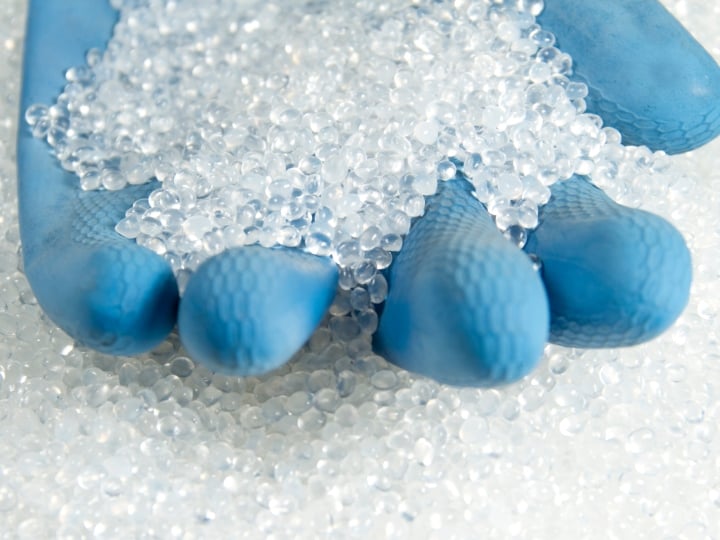ISO 846 testing to determine the type and extent of plastic degradation by microorganisms in order to prevent a loss of performance and quality
ISO 846 specifies tests and test conditions to assess the impact of microorganisms on plastic surfaces. When microbes colonize the surface of a plastics material or plastics product, their presence or their metabolic products may damage the plastics (and can affect the performance of the material or product.
What is biodeterioration of plastics?
The microbial degradation of plastics, also known as biodeterioration, are undesired changes in the properties of the plastics, such as colour, strength, mass, of a material due to the action of a microorganism. There are two primary processes through which microorganisms affect plastics:
- Direct action: deterioration of the plastic that serves as a nutrient for the growth of microorganisms.
- Indirect action: influence of metabolic products of microorganisms.
ISO 846 provides a range of methods for determining the deterioration of plastics due to the action of fungi and bacteria. These tests are suitable for all non-porous plastics with smooth surfaces.
Intertek provides ISO 846 testing to evaluate the resistance of plastics to bacterial and fungal degradation. This service supports the development of durable materials for industries such as food and cosmetics packaging. Typically, these methods include a 21-day program with samples exposed to conditions that simulate real-life use, including the most relevant temperature and humidity levels. Our experienced microbiology team use visual examination along with the measurement of mass and physical properties changes for the following methods:
Method A – Fungal growth test
Plastic samples are exposed to a mixed fungal spore suspension with limited nutrients (without a carbon source). If the plastic lacks nutritive components, fungi cannot grow or cause deterioration.
Method B – Determination of Fungistatic Effects
Samples are exposed to a fungal spore suspension with a complete nutritive medium (with a carbon source). The inhibition of fungal growth on the plastic or in the surrounding medium indicates the plastic’s fungistatic activity.
Method C – Resistance to Bacteria
Samples are inoculated with test bacteria in an incomplete medium and incubated. If no bacterial growth occurs around the sample, it suggests that the plastic does not contain nutritive components supporting bacterial growth.
Your Partner for Microbiology Testing
Intertek’s microbiology laboratories provide microbial evaluation of plastics testing for global clients. Our microbiology experts also provide microbiology testing conducted on plastic and polymer materials as per ISO 22196 (Measurement of antibacterial activity on plastics and other non-porous surfaces), ASTM G-21 Testing and ASTM G-22 Testing. Additional tests are available, depending upon the product and industry test required.

